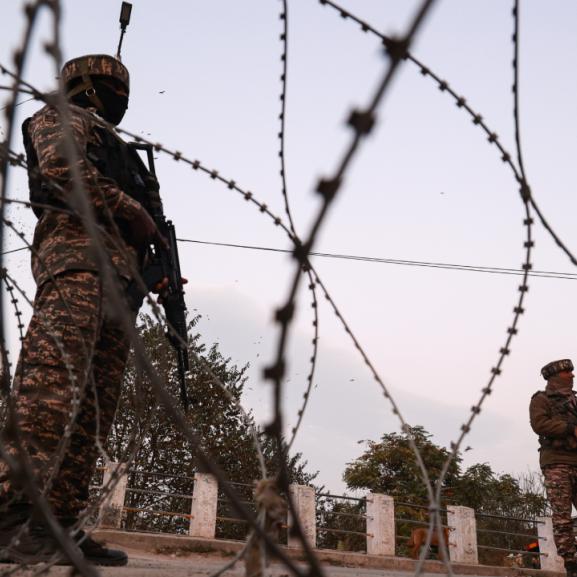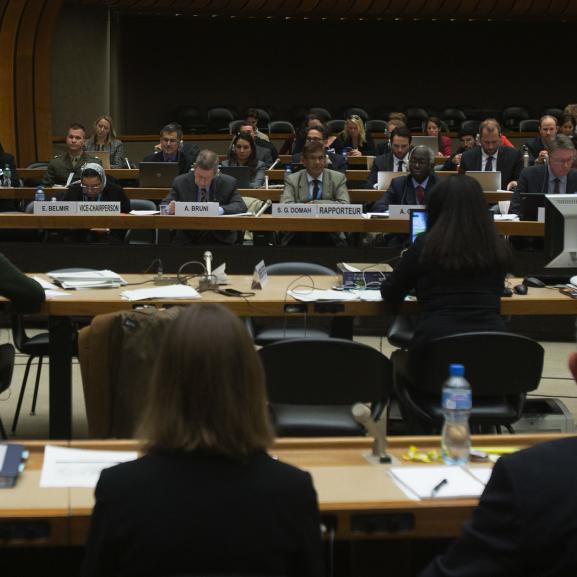British Embassies to Highlight Use of Torture World-Wide
A new handbook, to which MF experts have contributed, encouraging the investigation and documentation of state-sanctioned torture in the hope of preventing further abuse is to be distributed to health professionals world-wide through British embassies and diplomatic missions.
The book 'Medical Investigation and Documentation of Torture', which has been financed by the Foreign and Commonwealth Office, is intended to raise awareness of the use of torture and the wounds, both physical and psychological, that it leaves on its victims.
It advises doctors and other health workers on the most appropriate way of examining a person who has been tortured and looks at the uses to which the effective documentation of injuries can be put, including battling impunity, helping prosecute perpetrators, seeking redress for survivors, and helping asylum seekers substantiate their accounts of persecution.
The distinction between torture and ill-treatment is explored, as are the ethical considerations facing health professionals dealing with victims of state torture, while its absolute prohibition under international law is detailed. Advice is also given on visiting places of detention, and examining victims in the presence of members of the security services.
The book, published by the University of Essex's Human Rights Centre (HRC), is written by Dr Michael Peel, a consultant at British charity the Medical Foundation for the Care of Victims of Torture (MF) together with Noam Lubell, a senior researcher at HRC and Dr Jonathan Beynon, co-ordinator for health in detention at the International Committee of the Red Cross.
Contributors included a number of doctors and lawyers either employed by, or associated with, the MF, which runs Britain's only dedicated treatment service for survivors of torture, with centres in London, Manchester, Glasgow and Newcastle.
FCO minister with responsibility for human rights Ian McCartney will launch the book at a Foreign Office press conference on Monday June 26 to coincide with UN International Day in Support of Victims of Torture.
HRC chair Professor Sir Nigel Rodley, a trustee of the MF, says in the book's forward: 'This handbook is primarily aimed at raising awareness of relevant medical ethical, legal and professional standards of the many health professionals who would wish to do the most conscientious job, with a view to helping victims of torture and contributing to efforts to eliminate the practice.
'The key task is to establish the most scientifically valid documentation concerning possible torture of individuals, consistent with the often difficult conditions under which the work sometimes has to be undertaken...
'Guidance is given in the general skills of interviewing, as well as the medical examination and documentation. In addition to the relevant ethical and legal principles, the Handbook also points to sources of advice for those who wish to further their knowledge or gain support and advice on particular situations."
The book is the latest in a series produced by HRC. Previous titles were: 'The Torture Reporting Handbook'; Combating Torture: A Manual for Judges and Prosecutors'; and 'Reporting Killings as Human Rights Violations'.
June 22.06.06





